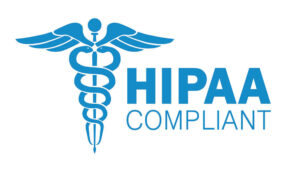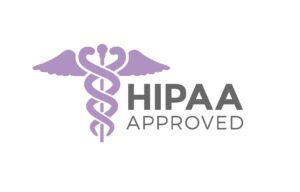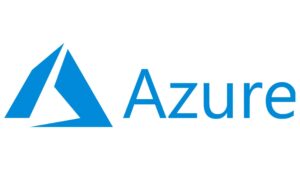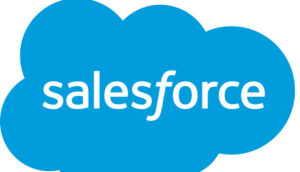
What Are The Most Common HIPAA Violations Cases?
HIPAA, the Health Insurance Portability and Accountability Act, is a federal law that establishes national standards to protect individuals’ medical records and personal health information.

HIPAA, the Health Insurance Portability and Accountability Act, is a federal law that establishes national standards to protect individuals’ medical records and personal health information.

The Health Insurance Portability and Accountability Act (HIPAA) was introduced to safeguard patients’ medical information and ensure that it remains confidential. HIPAA has become a

To safeguard patient privacy and prevent data breaches, healthcare providers often enter into agreements with third-party vendors, such as software providers or cloud storage companies.

In today’s digital age, sensitive information is constantly being transmitted electronically, making it more vulnerable to interception and theft. This is especially true in the

The healthcare industry is particularly susceptible to cyber attacks, making it essential to establish and maintain proper security measures. The Health Insurance Portability and Accountability

HIPAA is a vital legislation that protects the privacy and security of sensitive health information for millions of Americans. In this blog, we delve into

The Health Insurance Portability and Accountability Act (HIPAA) was introduced to ensure the confidentiality, integrity, and availability of protected health information (PHI) and electronically protected

Microsoft Azure, one of the leading cloud platforms, offers a comprehensive set of tools and services that can help healthcare providers meet the requirements of

This is especially true in the healthcare industry, where the handling of patient data is regulated by strict laws and regulations. Twilio, a cloud communication

As more and more healthcare organizations rely on technology to manage patient data, the need for compliance with federal regulations like HIPAA has become paramount.
Impanix offers a platform that enables you to monitor entity-level risks and controls from a unified dashboard, irrespective of your cloud configuration.
Copyright © 2025 Impanix | All Rights Reserved